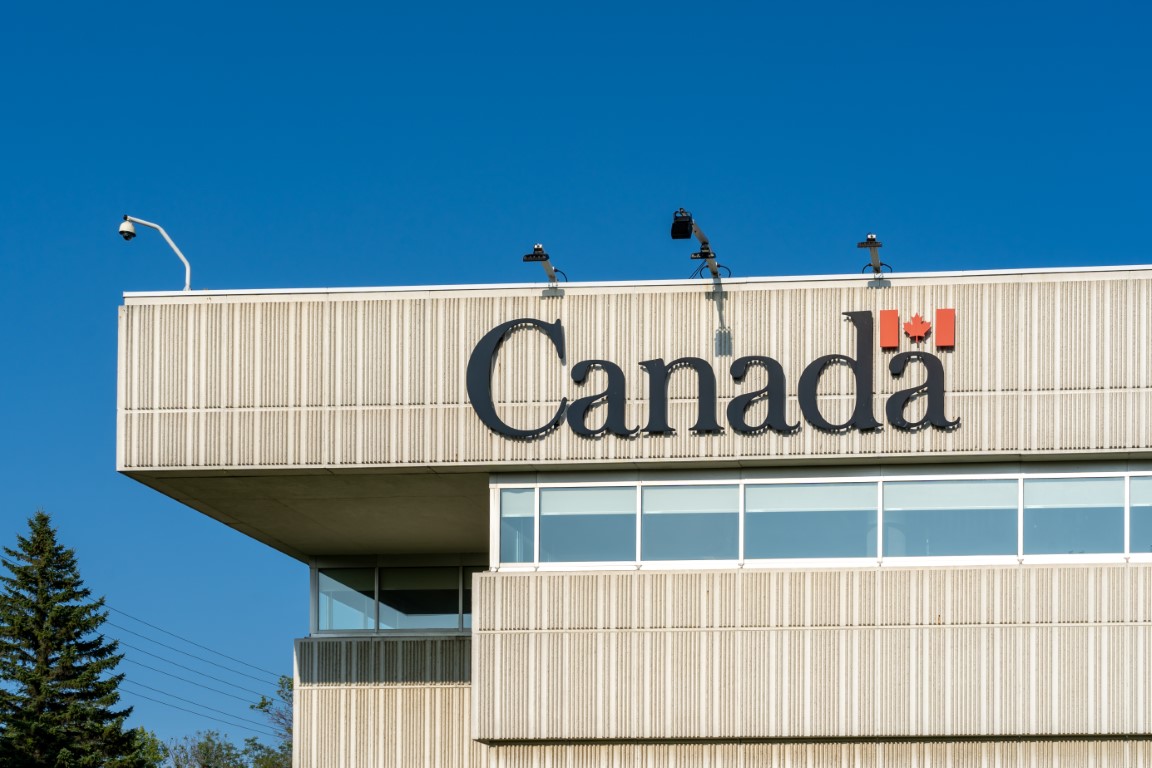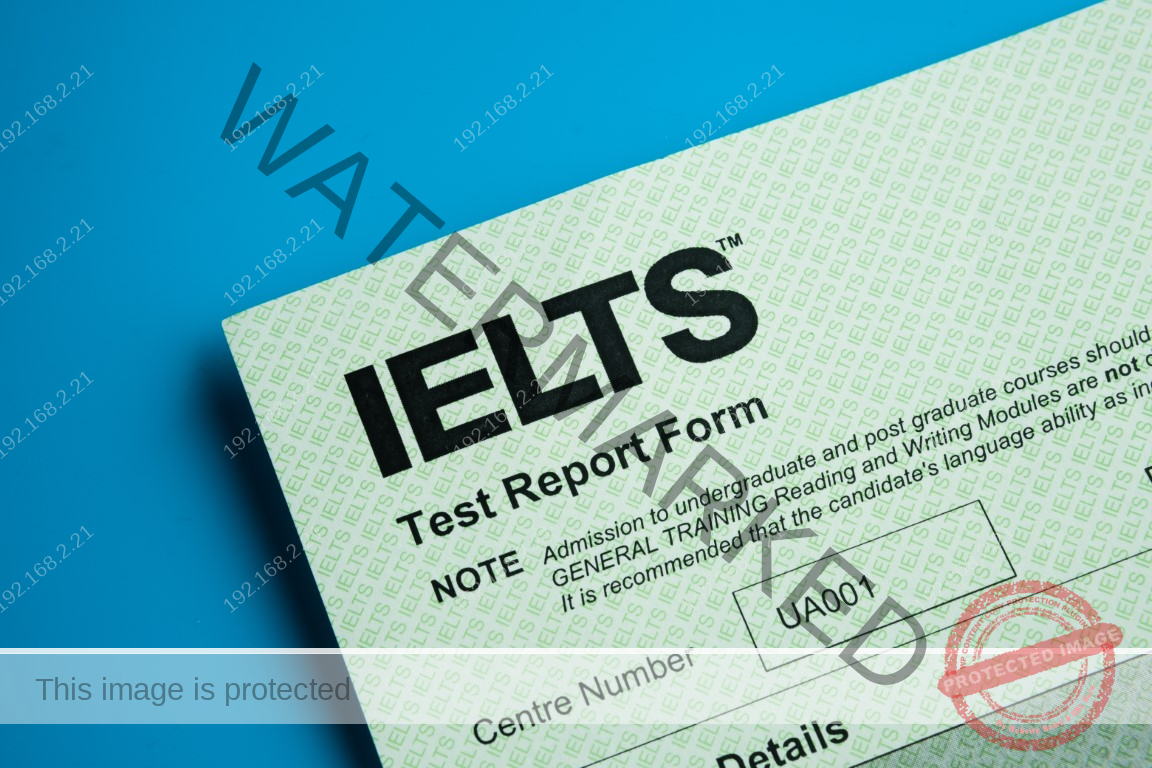Navigating through Canada’s Express Entry immigration framework involves a complex web of criteria, especially when it comes to skilled work experience. Whether you’re contemplating applying for the Federal Skilled Worker Program (FSWP), the Canadian Experience Class (CEC), or the Federal Skilled Trades Program (FSTP), each program has unique requirements for skilled work experience.
Decoding the Role of TEER Categories
When entering the Express Entry ecosystem, terms like Training, Education, Experience, and Responsibilities (TEER) are not to be taken lightly. These are critical determinants for applications under the four available TEER categories, which can range from TEER 0 to TEER 3.
Yet, merely identifying your occupation under a specific TEER category is not enough. After your application is accepted, you must ensure that the job duties you’ve performed match exactly with the primary responsibilities described in the TEER code you’ve selected. Failing to do so could result in the invalidation of your work experience, hindering your chances for successful immigration.
The Unique Essence of Canadian Experience in CEC
The Canadian Experience Class (CEC) uniquely focuses on candidates with skilled work experience acquired within Canada. The inclusion of Canadian work experience significantly influences your Comprehensive Ranking System (CRS) score. It not only impacts your eligibility for the CEC stream but also synergizes with other factors like language proficiency, education, and foreign work experience to enhance your overall CRS score.
Self-employed physicians who provide publicly-funded medical services in Canada are subject to unique stipulations if they were invited to apply on or after April 25, 2023. These stipulations exempt them from the typical self-employment conditions in the CEC, making it easier for them to qualify under this stream.
Understanding Major Groups in FSTP
For FSTP applicants, work experience is categorized into specific Major Groups under the NOC system. These positions correspond to jobs whose TEER codes begin with specific industry codes. The Major Groups include:
- Major Group 72: Technical trades and transportation officers and controllers (excluding Sub-Major Group 726)
- Major Group 73: General trades
- Major Group 82: Supervisors in natural resources, agriculture, and related production
- Major Group 83: Occupations in natural resources and related production
- Major Group 92: Processing, manufacturing, and utilities supervisors, and utilities operators and controllers
- Major Group 93: Central control and process operators and aircraft assembly assemblers and inspectors (excluding Sub-Major Group 932)
- Minor Group 6320: Cooks, butchers, and bakers
- Unit Group 62200: Chefs
Understanding these Major Groups is crucial for FSTP applicants. They not only guide the categorization of one’s work experience but also establish the specific eligibility criteria within the FSTP program. To be eligible for the FSTP program, an applicant must be qualified to work within these Major Groups.
The concept of ‘skilled work experience’ under Canada’s Express Entry system is multi-faceted and requires an in-depth understanding of various sub-components like TEER categories and the license to practice, especially for FSTP candidates. Your immigration journey through this system will be less cumbersome if you consult the regulated immigration consultants.












